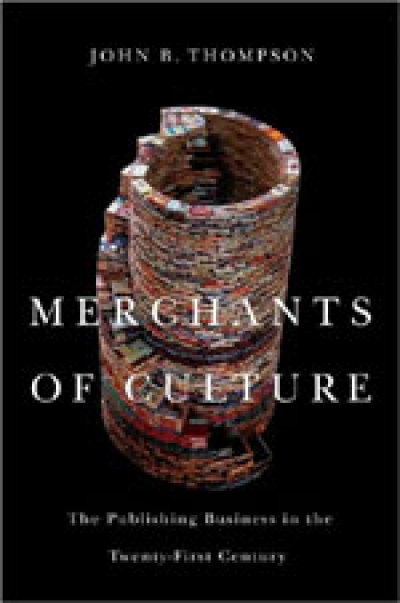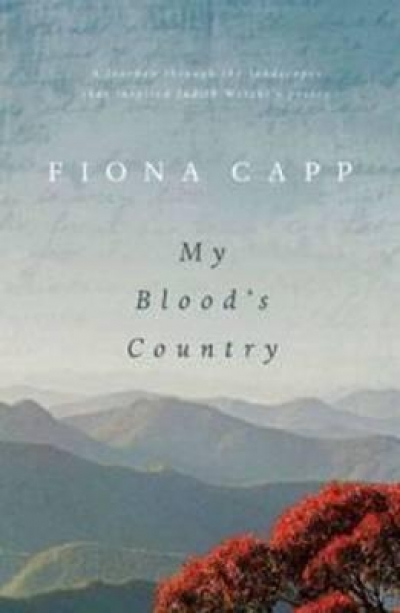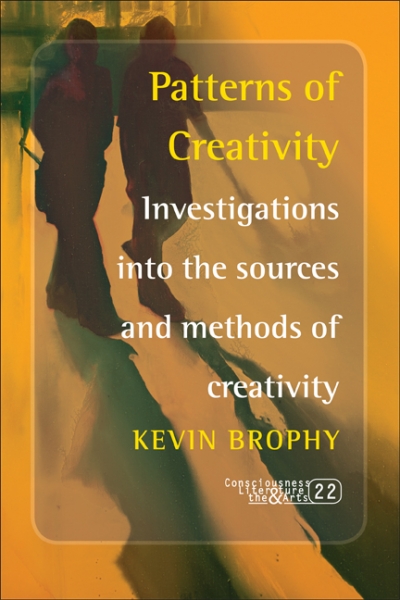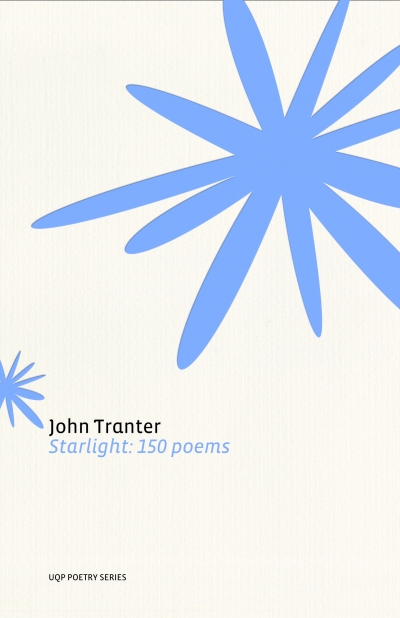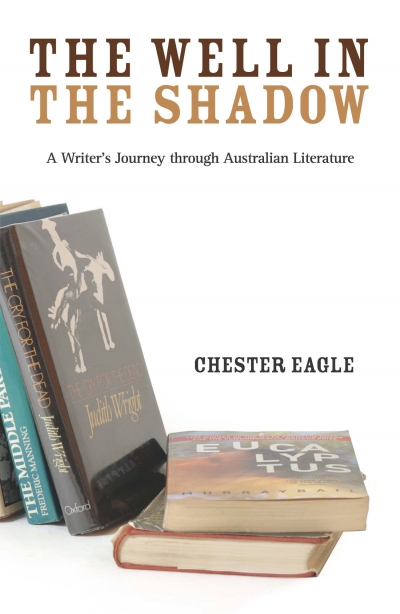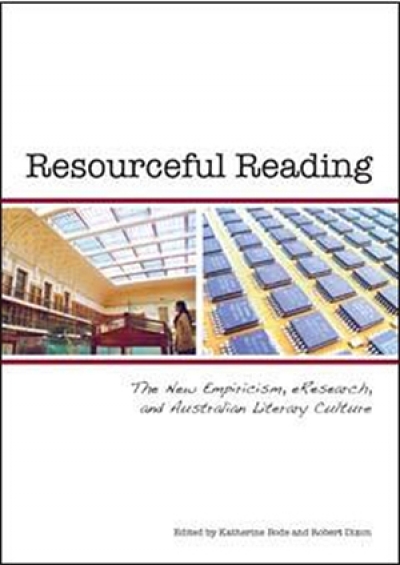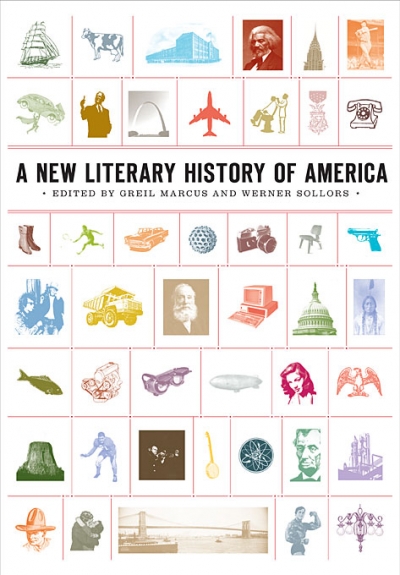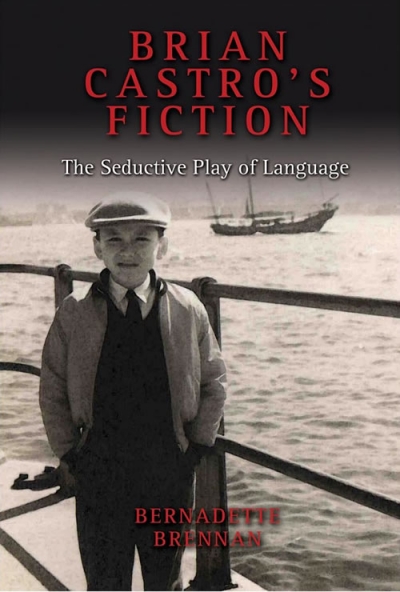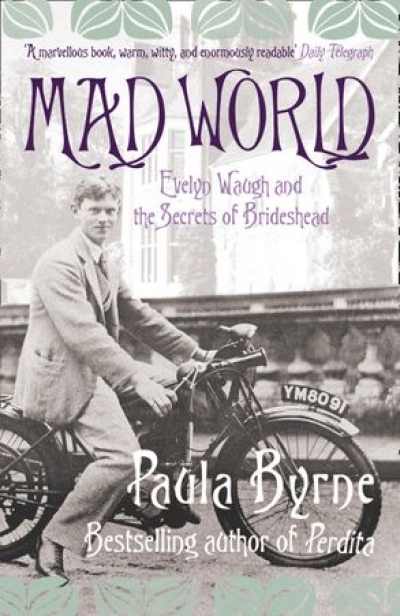Literary Studies
Merchants of Culture: he Publishing Business in the Twenty-First Century by John B. Thompson
by Terri-ann White •
My Blood’s Country: In the footsteps of Judith Wright by Fiona Capp
by Felicity Plunkett •
Patterns of Creativity: Investigations into the sources and methods of creativity by Kevin Brophy
by Jane Goodall •
Starlight: 150 Poems by John Tranter & The Salt Companion to John Tranter edited by edited by Rod Mengham
by Gig Ryan •
Australian Literary Studies, Vol. 24, No. 2 edited by Leigh Dale
by Adam Gall •
The Well in the Shadow: A writer’s journey through Australian literature by Chester Eagle
by Christina Hill •
Resourceful Reading: The New Empiricism, eResearch, and Australian Literary Culture edited by Katherine Bode and Robert Dixon
by John Byron •
A New Literary History of America edited by Greil Marcus and Werner Sollors
by James Ley •
Brian Castro's Fiction: The seductive play of language by Bernadette Brennan
by David Callahan •
Mad World: Evelyn Waugh and the secrets of Brideshead by Paula Byrne
by Glyn Davis •

